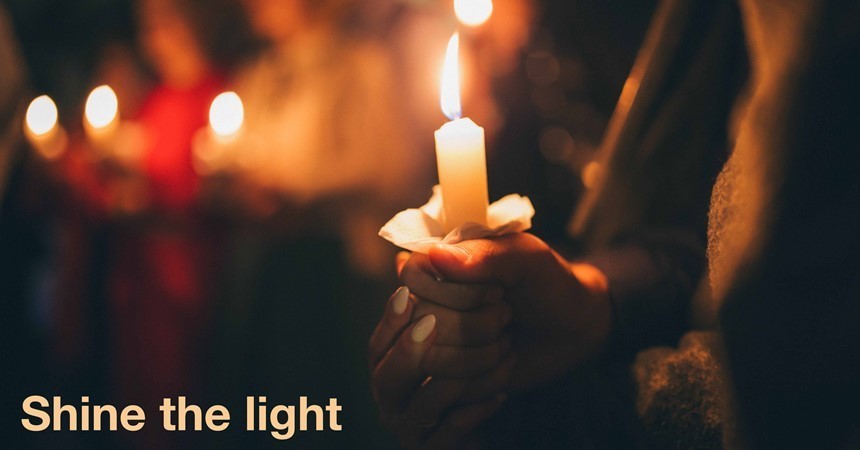So why is reviewing liturgy important?
We believe eucharist makes the Church. This is true to varying degrees for all liturgy. However we pray and worship we open ourselves to the Holy Spirit and conversion. It is therefore vital that we take time to review our liturgical celebrations.
The Dogmatic Constitution on the Church, Lumen Gentium (a. 8), reminds us that the Church is always in need purification and constantly on the path of renewal. What is true of the Church is true of her liturgical life. There are always three important steps involved liturgy:
- Prepare
- Celebrate
- Review
Sometimes this last step gets lost in the busyness of life and ministry. The liturgy is over and so we rush on to the next thing. Review and evaluation of all liturgies and worship is critical if we are to keep developing and improving our celebrations. So for example, after confirmation and first communion, the Sacramental Team should gather to review each liturgy.
What went well?
What could be improved?
What did we learn?
What will we do differently next time?
The Diocesan Liturgy Council has provided a simple review template on the website.
It is important to be clear that whatever form it takes, liturgy is reviewed in the light of both liturgical and pastoral principles. It is not reviewed in the light of other principles such educational principles. When someone declares that a liturgy was good or it went well, I like to ask, ‘What made it good?’ Good behaviour is not a measure of good liturgy. The bottom line review question is always, “was the celebration authentic worship?’ Our aim is always to grow and develop our liturgies as worship.
Ideally, reviews are done as soon after the liturgy as possible and a record of the discussion is kept. The review document is then the starting point for preparation the next time that liturgy is to be celebrated. I don’t know about you, but certainly I can’t rely on my memory one day to the next. So a record is important.
It is also good practice for parishes to review different types of liturgies at least annually. For example, the celebration of Sunday Mass, Baptisms, Reconciliation, Funerals, Prayer of the Church …
If your community is not in the habit of reviewing your liturgical celebrations, I highly recommend building this step into the rhythm your liturgical life.

